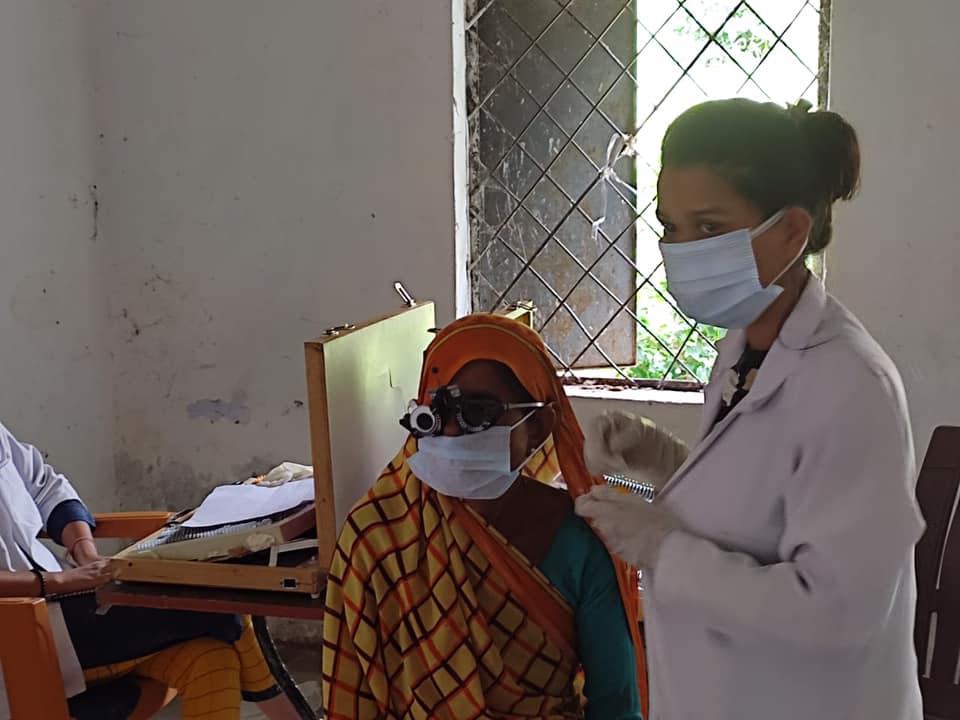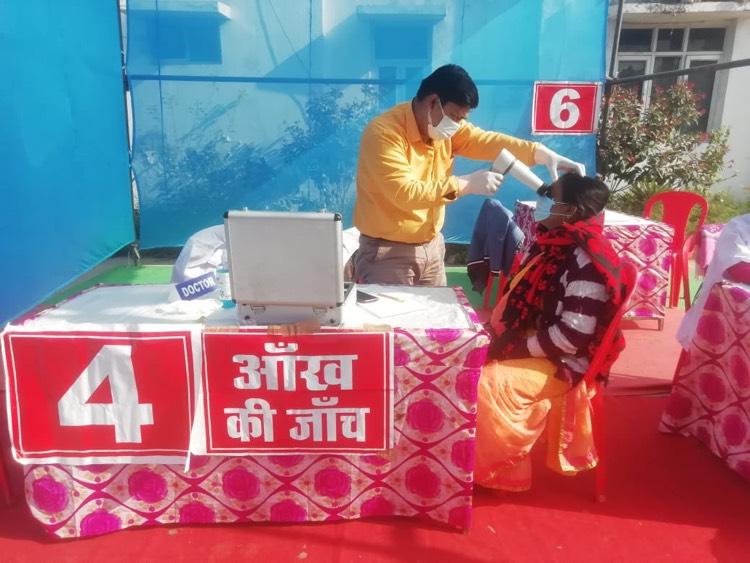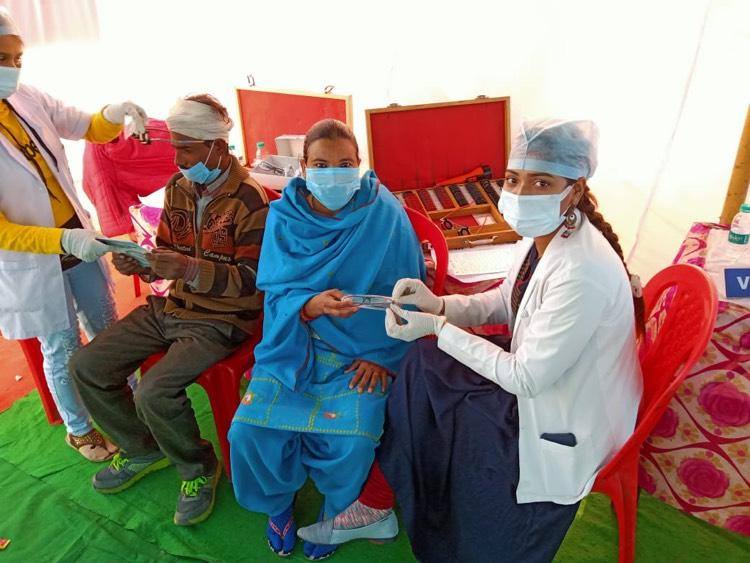
BACKGROUND OF PROGRAM
Every year around 2.4 Lakh people in India get blind due to diabetic retinopathy (DR), Cataract, and Refractive Errors. These three conditions, if untreated, lead to blindness, one of the biggest contributors to the socio-economic burden of the country. In India, diabetes has become a major public health issue. DR is a leading cause of preventable blindness in diabetics. It is critical to recognise that DR has a protracted latent period and a chronic course. Early detection and treatment can prevent up to 98 percent of DR-related vision impairment. In India, the prevalence of DR is rising at an alarming rate. Due to the paucity of dilated fundus examinations in normal ophthalmic surveys, the actual epidemiology of DR remains unknown. One of the main explanations could be diabetic patients' poor health-seeking behavior. The fact that diabetes can impair the retina leads to a lack of knowledge about diabetic screening, which is a crucial determinant in patients' behavior. Another factor could be a lack of readily available and cheap DR screening and management services. Various obstacles can hinder patients from receiving timely health examinations. Distance to a healthcare institution, financial limits, educational background, and associated co-morbidities make healthcare services difficult to obtain for the patient and their kin. Since early 2020, COVID-19 has disrupted traditional eye-care delivery, which used to happen through eye camps, due to restrictions imposed around congregations and mobility. In absence of eye camps, those with poor vision are not receiving timely eye care and are at risk of losing sight. The project attempts to identify DR among diabetics through fundus examination and eye screening for the community in the selected backward pockets.
The Services Offered under Diabetic Retinopathy & Cataract Camps are:
- Identification of Diabetic Retinopathy cases among diabetic patients
- Identification of Cataract Cases followed by Cataract Surgeries using IOL at our Partner Hospitals with Free Transportation, Food & Lodging of Beneficiaries.
- Identification of Refractive Errors alongwith Distribution of Vision Glasses
- Distribution of Medicines, Eye-Drops & Counselling for Eye-Care.
- Counselling and referral of cases for the further treatment alongwith follow-up for Vision Related Issues.


